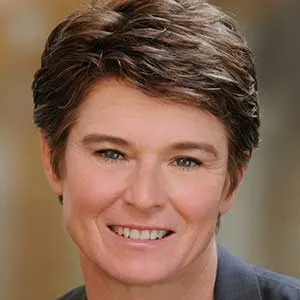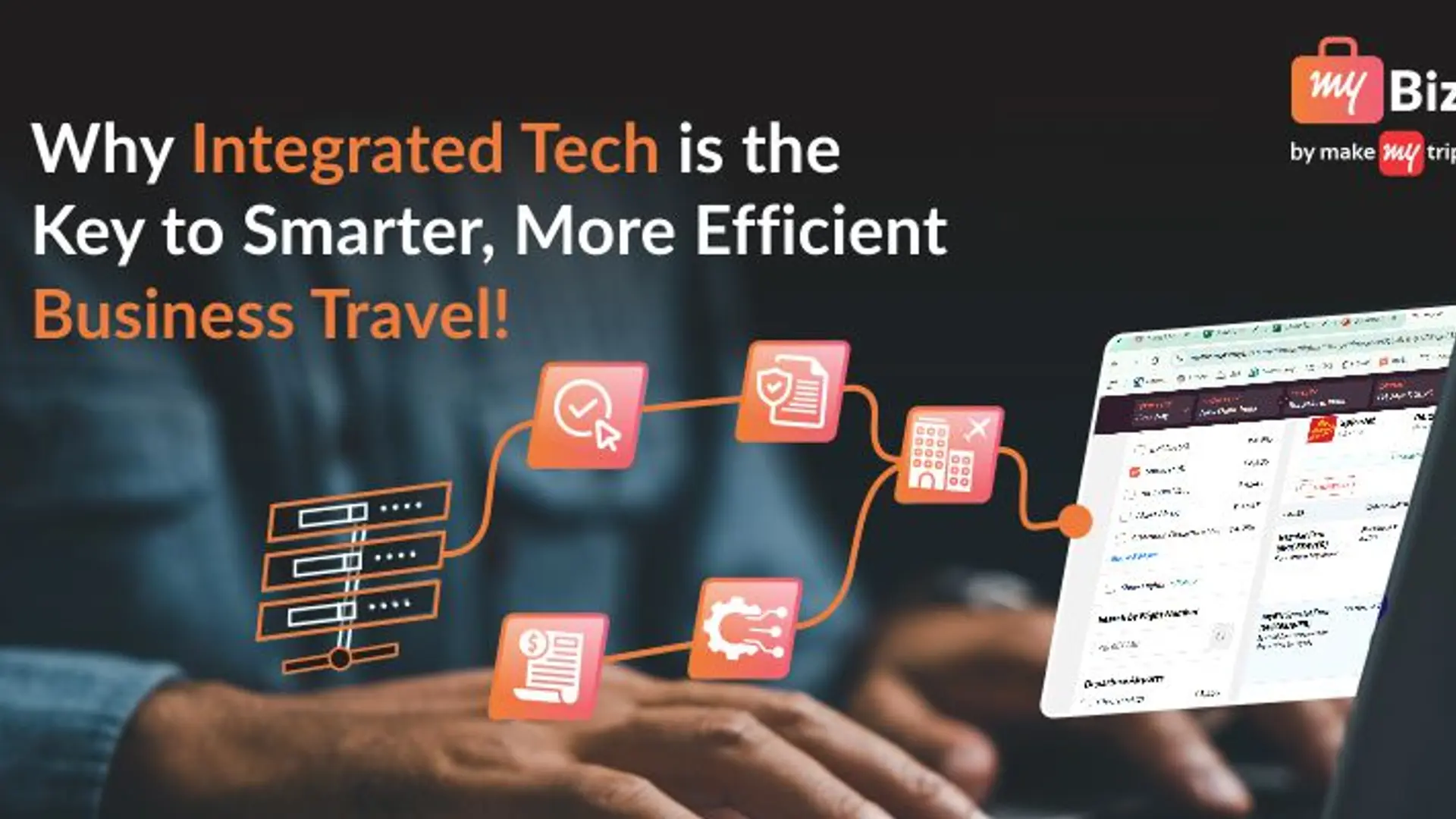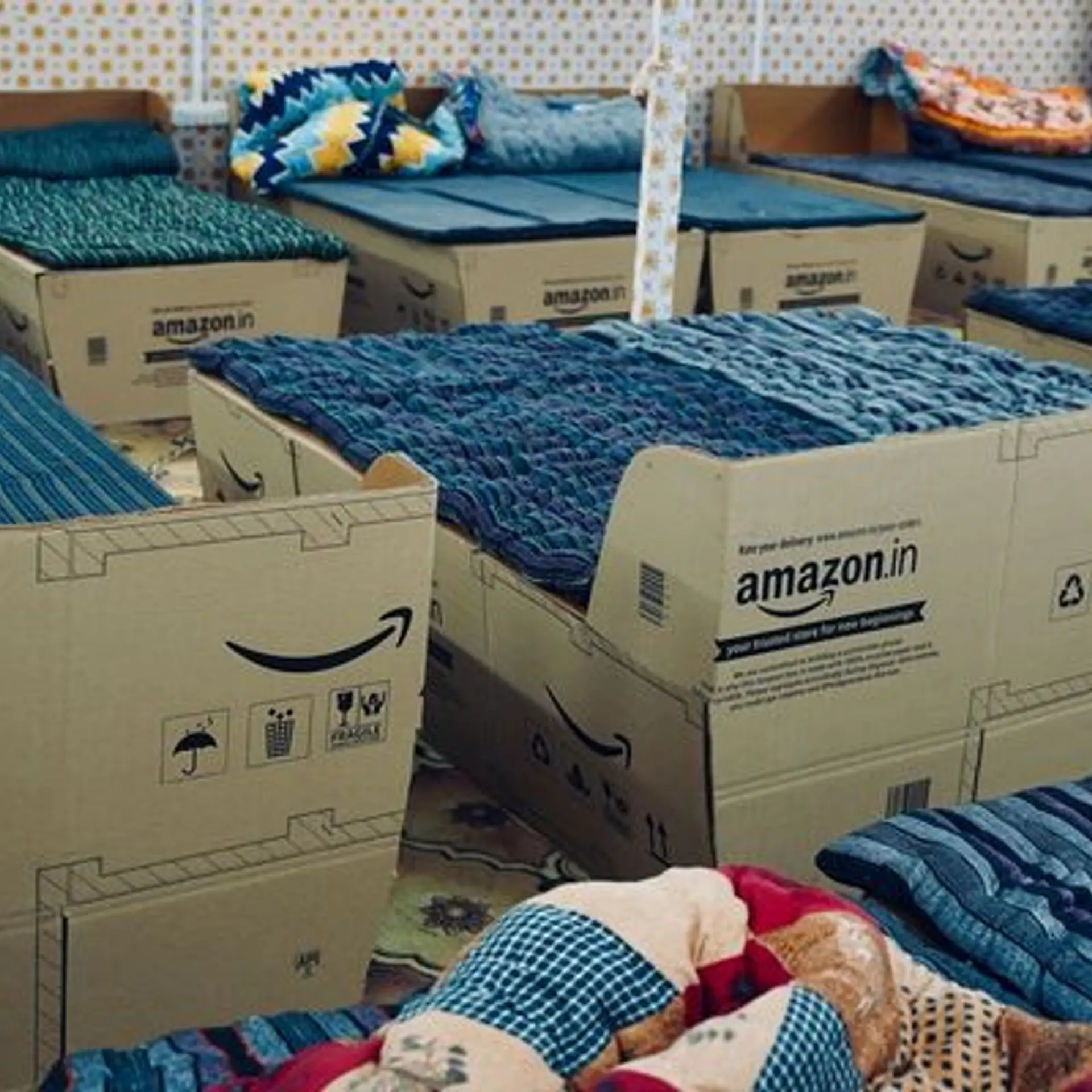Woman who inspires Silicon Valley, Ramona Pierson, Co-Founder and CEO, Declara

There are a lot of people who we meet and hear about daily, but very few inspire us for life. Ramona Pierson, Founder of Declara which was named as the ’Most resilient startup in Silicon Valley’ by Silicon Valley Business Journal, has a story larger than life itself.
The math genius joined Marine Corps at the age of 18. When she was 22, she had a near fatal accident which changed her life forever. She was in a coma for 18 months, and lost her sight temporarily for 10 years. This taught her to solve puzzles and mathematical problems mentally.
A well-known TED speaker, Ramona was named cyclist of the year in 1995 at US National Cycling championships. We spoke to Ramona about her life, motivations, and her startup.
YS: Post your accident and surgeries, you had to relearn everything and start over. What were some of the realisations you had during this process? How do you describe the importance of unlearning and relearning while starting up?
Ramona: After the accident, I was in a coma for 18 months. Over the next three years, I had to relearn everything from breathing to walking and smiling. One of the toughest situations for me to overcome was that I was blind. Being blind requires you to learn everything from spatial dimensions to how your face might be expressing itself. When I began to see after almost 10 years of blindness, that was an entirely new path to learning. Now, I had to navigate a world with sight when I had been used to darkness. As a blind person, I became a tandem biker and won some impressive races. With my sight, I floundered on the tandem because my body had a hard time adjusting, making my sight more of a hindrance that an asset.
These were the times where I had to constantly learn and relearn. They are important lessons for starting up a company where you have to constantly invent, throw things out and reinvent again.
YS: Numerous surgeries, constant visits to hospitals... after going through all these what makes you get up and come to work daily.
Ramona: I was tremendously fortunate to have an amazing social group which helped me through my recovery and 50+ reconstructive surgeries. Often, a surgery would not have the result it was meant to and that was very difficult for me, especially when it happened with my leg. I am a very athletic person and to think about losing a leg was frightening. But, my friends and the community rallied around me at all times.
This and the constant curiosity to learn more about the world and the impact I might have on it – however tiny – makes every day one to look forward to and conquer. I never give up.
YS: All the startups you've done so far relate to technology and education in some way or the other. How do you think tech enabled education can change learning processes in developing countries?
Ramona: Today you don’t need the fastest 4G networks to access the internet. We have an implementation in Mexico with Ensena Por Mexico(Teach for Mexico), where Mexico wants to level up all their teachers to become a foremost nation in education.
There are numerous education projects being conducted all over the world giving teachers and students access they never had before. Education is one of the industries that will transform with technology and we are already watching it happen. The next few years promise to be exciting.
YS: How did you come up with the idea to create Declara?
Ramona: Declara was created because of what I went through in my personal journey. I had to learn and relearn much in my life after the accident. I believe that people are innately curious and learning should be all about discovery. The delight and joy of discovering something new is immeasurable. If you could come up with a way to have individuals learn at their own pace giving them the right connections and content, then we could make a small difference in the way people learn.
The name comes from the idea of people declaring what they want to learn. It is the Spanish equivalent of “declares” – Declara.
YS: Please tell us a bit about Declara, what it does and who are its primary users?
Ramona: Declara is a technology company focused on adult learning. Our technology combines search, recommendations and analytics with machine learning to create what we call a “Cognitive Graph” of a person’s learning behaviour. Based on an individual’s interactions with content, colleagues, experts, posts, tweets and videos among other things, the technology creates a learning path for each individual. Sometimes, I like looking at Declara as the connections of Facebook combined with the search of Google with a learning overlay.
We are currently focused on education, enterprises and ministries. Our platform is used in Australia to power the teacher’s network and in places like Mexico, Chile and the United States. We have only been shipping for the last six months and are already seeing good traction and demand.
YS: 2013 has been a very promising year for big data and a lot of big data and analytics startups have come up during this time. Do you think the market is saturated or is there still room for new comers, and how does Declara stand out from others?
Ramona: I think Big Data and analytics seem to be the buzzwords for today. With Declara, we are tackling a very specific challenge which is adult learning. McKinsey estimates that there will be 85 million open jobs in the high and middle levels by the year 2020 worldwide. We are solely focused on learning to help close the job skills gap or to move countries to level up their constituencies in education or government. Today, we have the product, team and customers in place and are well poised to succeed in the global marketplace.
YS: Can you share any anecdote or story where Declara has helped a customer achieve great results.
Ramona: In Australia, the country was trying to figure out how to deploy new national curriculum that integrated Asian standards and Aboriginal rights, making it one of the most complex curriculum they have ever implemented. They decided that instead of simply trying to force the educators to implement the curriculum and find out later what may or may not work with learners, they would use our platform to introduce the curriculum to educators. This would help them learn the material, and the government would also learn from the educators where the problems might be and engage with them as professionals to help with building lessons and supplement materials. The teachers would build expertise and mentorship across the country in the virtual learning workspaces we provid them.
Immediately upon opening the platform up for educators, the system’s semantic search tools were used to find content and standards in a way that was native to how educators identify resources. The system helped educators find other educators who had experience with various content and standards, and resources and experts were recommended to users based on their needs. Educators developed networks around discrete areas of learning that they identified as being problematic and system began building a trending analysis so the government could identify holes in the curriculum. The government engaged experts in co-creating solutions and provided peer mentoring to support continued implementation of the curriculum at scale.
Within a few months, educators have created more than 500 learning networks which are actively involved in learning. The platform has provided a cost efficient and effective way to start transforming an education system rapidly and at scale.
YS: What are the three lessons you would like to share from your journey which will be helpful for people looking to start up?
Ramona:
Never give up
Forge ahead even when others doubt you, yet don’t be blind in your quest
Constantly learn and relearn







